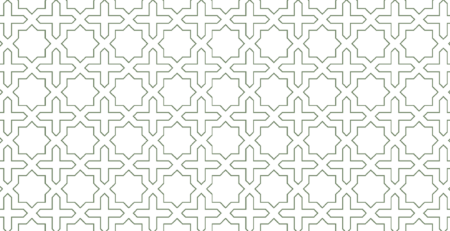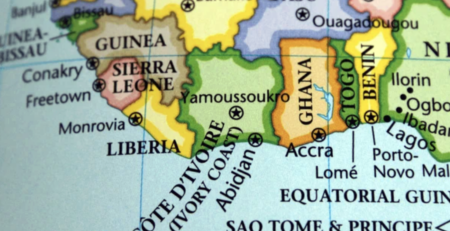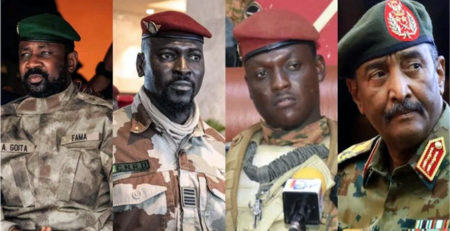Gender-Sensitive Conflict Analysis: Middle Belt of Nigeria
Author | Reine Radwan | April 2025
Executive Summary
This gender-sensitive conflict analysis forms a critical foundation for the Building Bridges project, which seeks to respond to the increasingly complex and evolving interreligious violence in Nigeria’s Middle Belt. This region, encompassing states such as Adamawa, Benue, Nasarawa, Plateau, and others, is a critical geopolitical zone, home to over 45 million people, reflecting a highly diverse mosaic of ethnic, religious, and socio-economic identities, with a disproportionate impact on women and youth. It is a geopolitical flashpoint where overlapping tensions – rooted in disputes over land, shifting political dynamics, historical grievances, and deep- seated inequalities – intersect in ways that defy simplistic explanations. Recognizing the need to understand the nuanced gender dimensions of these conflicts, the project commissioned this analysis to inform and refine its methodologies for effective intervention and the promotion of sustainable social cohesion.
At the heart of the conflict are intensifying clashes between predominantly nomadic Muslim Fulani herders and settled Christian farmers, a dynamic greatly exacerbated by fierce competition over increasingly scarce land and water resources. However, these disputes have gone beyond simple resource competition, evolving into highly charged religious and ethnic confrontations that threaten the very fabric of communities. The humanitarian consequences are devastating, as evidenced by the over 536,632 internally displaced persons (IDPs) as of November 2024 in the three states of intervention covered by our project, namely Benue, Nasarawa, and Plateau. Alarmingly, women and girls make up 56% of this displaced population, and 56% of the total displaced population are minors under the age of 18, highlighting their disproportionate vulnerability and the urgent need for a gender-sensitive lens in all intervention efforts. The Middle Belt conflict has intensified since 2018, marked by a surge in displacement driven by resource competition and elite manipulation, underscoring the urgent need for attention to the growing crisis. Women and girls face disproportionate violence and exclusion from peace efforts, despite their role in the community, with a critical lack of specific data. Social media fuels these tensions through misinformation and hate speech, as confirmed by focus group discussions, exacerbating divisions and inciting violence.
To gain a comprehensive understanding of these multifaceted dynamics, a rigorous mixed-methods approach was employed. This included extensive desk research, which synthesized existing reports, 2 Gender-Sensitive Conflict Analysis: Middle Belt of Nigeria academic studies, and policy documents, and twelve focus group discussions (FGDs) conducted in Benue, Nasarawa, and Plateau states between January and February 2025, and36 key informant interviews were conducted as part of the baseline study.
The analysis underscores the importance of a holistic, multidimensional approach that acknowledges the complex interplay of resource competition, religious and ethnic tensions, gender inequalities, and the pervasive influence of social media. Ultimately, this analysis calls for a multidimensional response—one that not only addresses the immediate drivers of conflict but also lays the groundwork for long-term social cohesion. By integrating these findings into its strategy, the Building Bridges project aims to contribute to more effective, equitable, and sustainable peacebuilding efforts in Nigeria’s Middle Belt.
Read/Download the Paper | PDF










